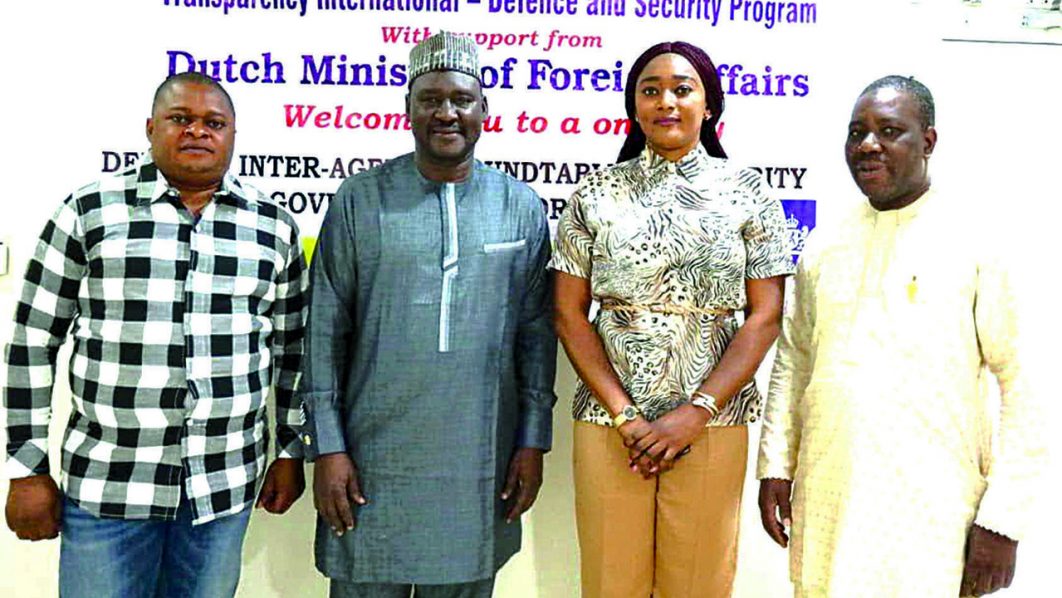
This was one of the submissions of participants at a one-day Summit on Inter-Agency Roundtable on Security Sector Reforms in Nigeria Organized by Civil Society Legislature Advocacy Centre (CISLAC) in Collaboration with Transparency International-Defence and Security Programme and The Dutch Ministry Of Foreign Affairs.
It was recommended that Nigerian leaders should be anxious to deliver quality governance to enhance social, cultural, and economic security for the increasingly restless population, while the functions and activities of the various security institutions should be streamlined to avoid conflict of roles.
Participants also called on security institutions to adopt Information Technology, as it would enhance relevant security data and information storage, just as they should place emphasis on intelligence gathering for an effective policing system.
They tasked government to holistically confront corruption within the policing system through sanctions for offenders and the provision of better economic incentives for security personnel like insurance, social security and institutional capacity building.
The participants noted that the defect in the country’s security framework is symptomatic of declining leadership quality, floundering cultural values, underlining the fact that the more a system fails to protect the people, the more likely they are lured to violence.
They also stated that security deficit is further compounded by duplications of operational institutions and the conflict of functions that often arise from such, for instance at present in Nigeria, the military is overstretched having to deal with civil conflict instead of focusing mainly on external aggression.
The participants observed that most of the time, reforms in the security system have dealt with appearances instead of dealing with fundamentals.
Participants at the summit addressed critical issues relevant to the security of lives and property in Nigeria which includes but not limited to Main expectations and opportunities for Security Sector reforms in Nigeria; from Regional to National: Understanding the concept, principle, policy influence, and coordination of Security Sector Reforms in Nigeria.
The deliberations were followed by Panel Discussions on challenges with the Security Sector Governance- Reforms in Nigeria, how to localise SSCIR framework in Nigeria, the National Action Plan on the operationalization of the ECPF, and the roles of stakeholders and their spheres of influence.



